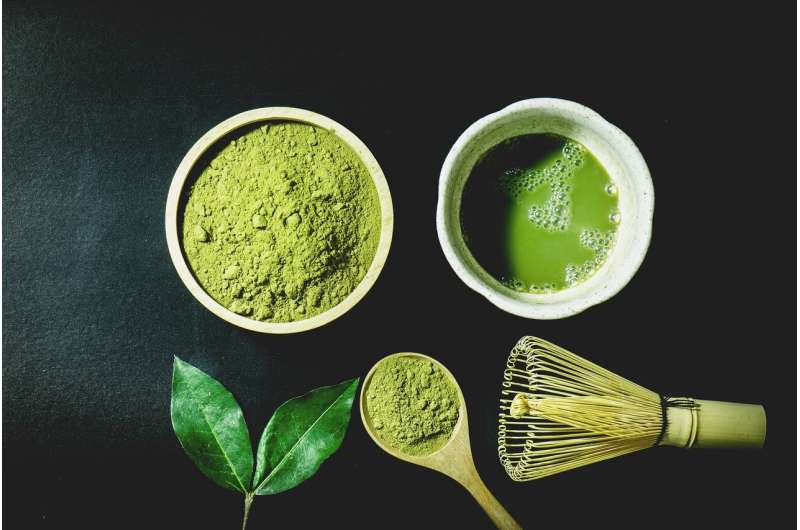Understanding and Managing Cancer-Related Fatigue

Cancer-related fatigue is a persistent and overwhelming exhaustion affecting many patients, significantly impacting quality of life. Learn about causes, duration, and effective management strategies for this common symptom.
Cancer-related fatigue is a profound and often overwhelming sense of exhaustion that affects many individuals undergoing cancer treatment. Unlike typical tiredness, which usually resolves with rest, this form of fatigue is persistent, intense, and can significantly diminish quality of life. It encompasses physical, emotional, and cognitive exhaustion, and can occur at any stage of the cancer journey—before, during, or after treatment.
Several factors contribute to this fatigue. The cancer itself may cause fatigue through mechanisms like muscle weakness, organ damage, or hormonal changes. Treatment modalities such as chemotherapy, radiation, hormonal therapy, and molecular targeted therapies can also induce fatigue by damaging healthy cells and prompting side effects like anemia, pain, and stress. Preexisting mental health issues like anxiety and depression may further intensify fatigue symptoms.
The duration of cancer-related fatigue varies widely among individuals. Some may experience an improvement a few weeks after completing treatment, while others may endure persistent fatigue lasting months or longer. Despite its prevalence, this condition often receives inadequate attention from healthcare providers.
Managing cancer-related fatigue involves a combination of strategies. Physical activity and tailored exercise programs can help restore energy levels, as can medications and complementary therapies such as yoga and Tai Chi. Psychological support and mindfulness practices may assist in addressing emotional stresses associated with fatigue. Since each patient's experience is unique, personalized treatment plans tend to be most effective.
Preventive measures are limited, but self-care approaches can make a significant difference. Staying as active as possible with light exercises, maintaining a balanced diet and proper hydration, establishing a regular sleep routine, and taking time to relax are key steps. These strategies aim to boost energy levels and improve overall well-being.
For more information, consult healthcare professionals experienced in oncology symptom management.
Source: https://medicalxpress.com/news/2025-05-cancer-fatigue.html
Stay Updated with Mia's Feed
Get the latest health & wellness insights delivered straight to your inbox.
Related Articles
The Impact of Performative Eating on Modern Food Habits
Explore how performative eating influenced by social media and trends is reshaping our relationship with food, affecting health, identity, and social dynamics.
Essential Tips for Staying Safe While Enjoying the Beach and Pool This Summer
Discover essential safety tips for enjoying the beach and pool this summer. Learn about rip currents, sun protection, pool safety, and weather precautions to keep your family safe during water activities.
Lifestyle Modifications in Four Areas Can Boost Brain Health, Major US Study Reveals
Discover how lifestyle modifications in exercise, diet, social activity, and health coaching can improve brain health and reduce dementia risk, according to a major US study.
Finland's Ostrobothnia Region Emerges as a Potential New Blue Zone for Longevity
A region in Finland, Ostrobothnia, shows potential as a new Blue Zone, thanks to its high longevity and health-promoting lifestyle, highlighting the importance of regional lifestyle factors in healthy aging.



